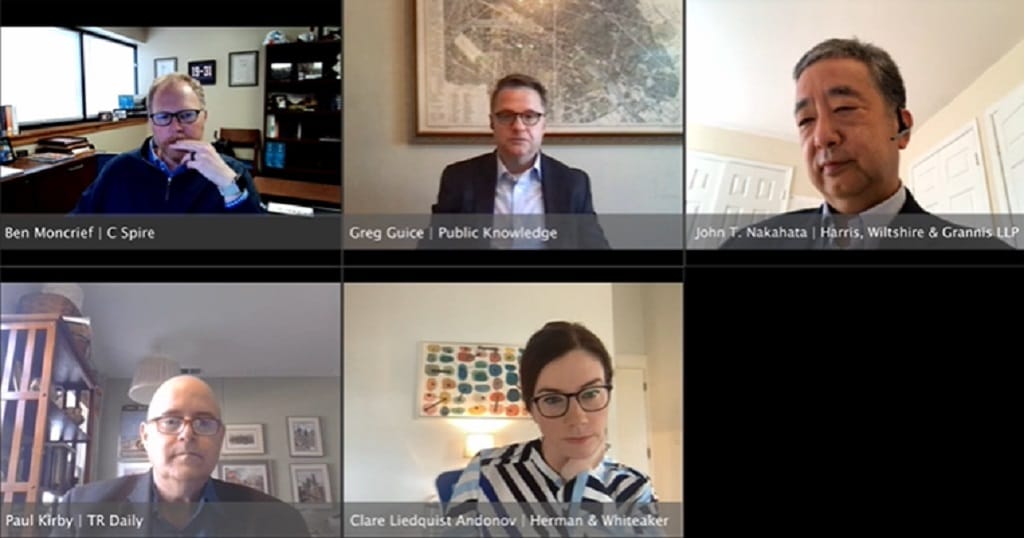Experts Concerned About Connectivity After Emergency Broadband Benefit Fund Runs Dry
April 1, 2021 – Experts are concerns about the long-term implications of the $3.2-billion Emergency Broadband Benefit program (EBB) running out of money without a plan for what happens after. The fund, created by Congress in December, provides up to $50 in a monthly internet discount for families an










Member discussion